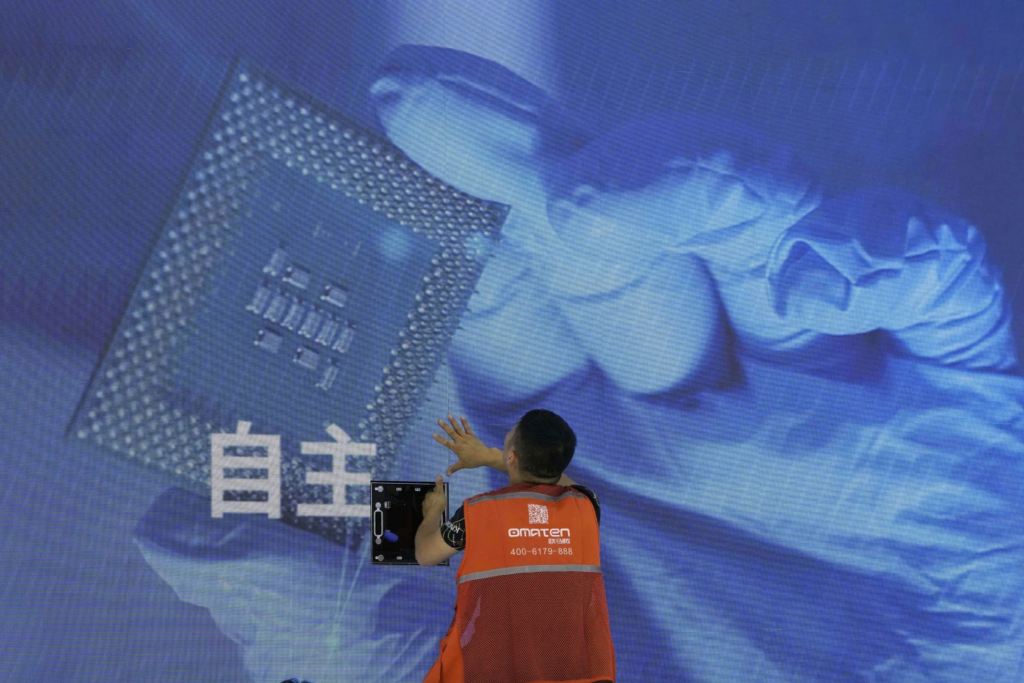In a plea to Japan, the Chinese government expressed concerns on Monday regarding potential disruptions to the semiconductor industry. This appeal comes in response to the recent implementation of export restrictions by Japan on chip-making technology. These restrictions add to the technology-related limitations that Washington and its allies have already imposed on China, citing security reasons.
The newly enacted Japanese restrictions aim to limit China’s access to crucial tools used in etching extremely small circuits on advanced chips, which are vital components in smartphones, artificial intelligence, and various other applications. Furthermore, the Netherlands has also joined the United States in imposing restrictions on chipmaking tools that are considered to have the potential for weapon development.
A spokesperson from China’s foreign ministry, Mao Ning, expressed strong dissatisfaction and regret over Japan’s actions. The spokesperson called upon Japan to refrain from letting these measures interfere with the normal cooperation between the two countries in the semiconductor industry.
The ruling Communist Party of China has made significant investments, amounting to billions of dollars, in establishing Chinese chip foundries. However, despite these efforts, they still rely on Western and Japanese technology to manufacture the most advanced chips. This dependency poses a potential threat to Beijing’s ambitions of developing strong tech industries within the country.
The United States had already taken measures to limit China’s access to chips and chipmaking technology during the presidency of Donald Trump in 2019. Under the Biden administration, these controls were further expanded to include blocking access to chip design and manufacturing tools.
Chinese leader Xi Jinping’s government has been cautious in its response, possibly to avoid disrupting its emerging tech industries. However, last month, Beijing sent shockwaves through Japanese and Korean chip manufacturers by announcing an export review process and the potential imposition of restrictions on gallium and germanium, two crucial metals used in semiconductor manufacturing.


